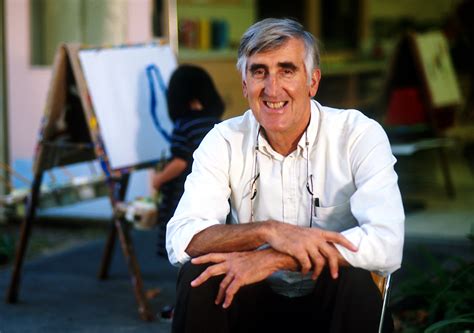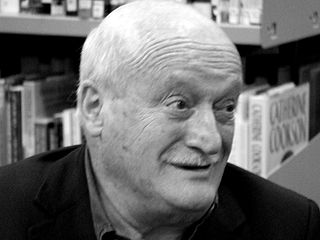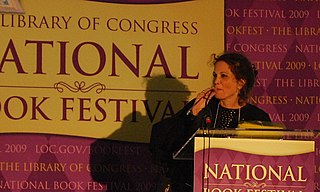A Quote by Edmund White
The Internet's impact is immense. My students can't imagine ever paying for a book.
Related Quotes
[The internet has] already had a huge impact in the sports world, and the play-by-play guys that are not paying attention to it are losing out. They're losing out on getting the real pulse of a game that they're covering. My point with blogs and with podcasts is that it can't be the basis of your prep work, there has to be much more. We understand that. But, it has to be at least a part of what you're doing. If you're not paying attention to it, then you're not seeing the full picture.
The internet has extended the possibility of making art to more people, and particularly of enabling it to be seen by others. I am sure the internet is having a profound impact on art, particularly those who have grown up with it, but making good art will remain as difficult (and as easy) as it ever was. Having a lasting impact may become more not less difficult.
It was exciting to work with director Jennifer Baichwal, who made Manufactured Landscapes and others, on the film of Payback: Debt and the Shadow Side of Wealth. It's called, simply, PAYBACK. Jennifer didn't want to do a transliteration of the book, a kind of illustrated version, but to go into the core of the book: owing and being owed, paying and paying back, on all sorts of levels. So she found real-life, visceral stories that embodied the themes of the book.
Instead he thinks up the worst ending imaginable: Hemingway has Catherine die from hemorrhaging after their child is stillborn. It is the most torturous ending I have ever experienced and probably will ever experience in literature, movies, or even television. I am crying so hard at the end, partly for the characters, yes, but also because Nikki actually teaches this book to children. I cannot imagine why anyone would want to expose impressionable teenagers to such a horrible ending. Why not just tell high school students that their struggle to improve themselves is all for nothing?
I think [testing] has had a profoundly problematic impact on student learning. It must seem to students that their worth as individuals is equivalent to their test score. The stress the high stakes culture has on teachers is also highly negative and must surely impact students in a negative way. It also de-professionalizes teachers because it encourages them to be script readers, followers of rigid schedules, and to disregard the needs of the people they teach in favor of the scripts and schedules.
I've written one book-length piece of journalism. The Art of Political Murder: Who Killed Bishop Gerardi? That book had an impact. Eight years after it was published it's still having an impact in Guatemala. I remember when I wrote it, a surprising number of people said things to me like, "That is such an amazing story; why didn't you turn it into a novel?"
Book culture has also become something that's kind of incredible to younger people now, because of the Internet. If you go to any of the book fairs - PS1 or the MOCA Book Fair - none of the people are over the age of 40 years old there, and they trade and buy books, because they're almost antiquities at this point. They're not really important, in a way, because the Internet is how information is taken in.
When I was your age, we didn't have the Internet in our pants. We didn't even have the Internet not in our pants. That's how bad it was. I know I sound like my grandfather right now. We didn't have teeth! There were no questions marks, we just had words! What was I talking about? The Internet...Not only can you not plan the impact you're going to have, you often won't recognize it when you're having it.






































